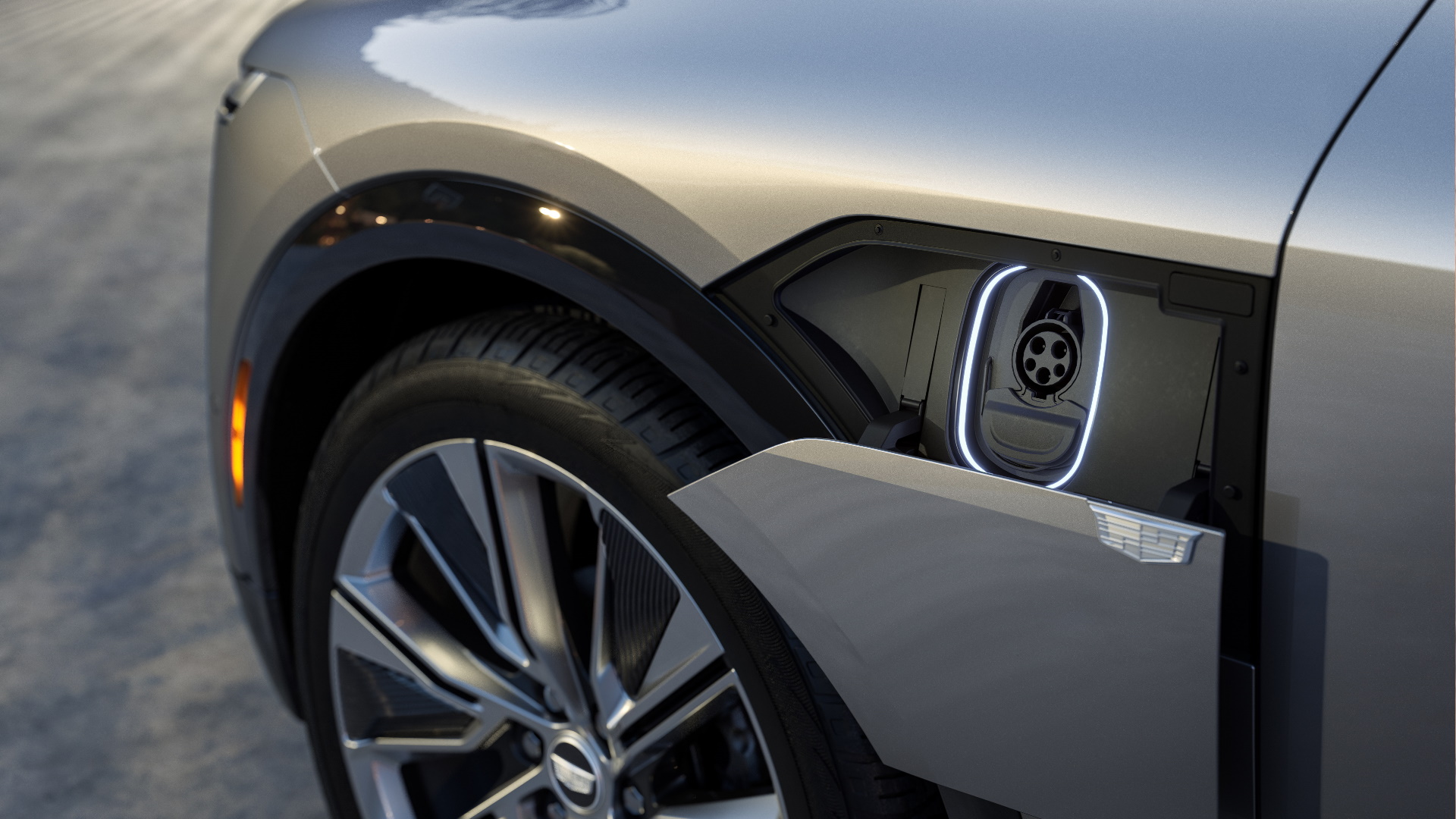

Electric vehicles are poised to become a mainstay of transportation in the United States and abroad. Many countries are banning the sale of new internal combustion-powered vehicles around the year 2030, and with nearly every automaker having launched or already launching new EVs, the writing is on the wall.
But according to new research from Nature Energy, not everybody who takes the leap and buys an electric car sticks with the decision. In fact, around one in five people—or 20 percent—switch back to gasoline-powered cars. Why? Well, it’s for a variety of reasons, as it turns out.

The research, to start, was conducted with a sample size of 4,160 people. All of them purchased an electric vehicle in the state of California between 2012 and 2018, so this data is already a few years old now, and as we know, things have changed a lot since 2018 when it comes to EVs. But in any case 1,840 of those 4,160 people had made a decision about purchasing their next vehicle, which is how Nature Energy gathered the data for the “one in five” claim. It gathered other data about these people as well to learn more about their decision.
Those who were least likely to stick with electric vehicles were the ones who depended on them for their only means of transportation—so essentially people who only had one car, and the EV was it. People who lived in places where home charging was difficult also abandoned electric vehicles at higher rates, which is a good segue into the types of people EVs still aren’t right for: those who make less money.
Adopters who were most likely to ditch EVs were generally younger, were more likely to rent their living spaces and were less likely to live in a standalone house. This makes it very difficult to secure 240v fast charging where these people live, so they’re completely dependent on public charging stations. Women also switched back to gas-powered vehicles at higher rates than men, although the paper offered no concrete suggestion as to why that might be.
The study also found that improvements to public charging infrastructure didn’t really matter to these people, implying that they perhaps only travel short distances in their vehicles and take fewer long trips. This suggests that investments in public charging infrastructure may not be the simple one-size-fits-all solution that EVs need to gain popularity.

But while all of this may be true, it’s worth mentioning that many electric vehicles are still in their first generation and haven’t quite hit their stride. This was especially true back in 2018 when this data was collected. Range anxiety was and is still very real, charging networks still need work and home charging is clearly an issue. EVs also still only make up a small part of most car manufacturer’s product offerings. However, despite all of this, only 18 percent decided to go back.
Of course, this doesn’t mean that only one in five people nationwide will make the same sort of decision. Electric vehicles are still less than two percent of all cars and trucks on the road in the United States, with one state in particular, California, leading the charge in a big way. The coastal state has nine times as many electric vehicles as the next closest competitor, New York, and even then, that’s just 8 percent of all of the vehicles on the road there, according to EVAdoption.com.
So, as it goes with any sort of data, it really depends on how you spin it. Either a surprising number of people go back to EVs, or a small amount. The data, after all, is just data. It isn’t making any assumptions. I would expect that number to shrink over time, and be smaller if you collected the same data today, with vehicles like Ford’s Mustang Mach-E and Volkswagen ID.4 hitting the road and seeing reasonable popularity.
Got a tip or question for the author? You can reach them here: peter@thedrive.com